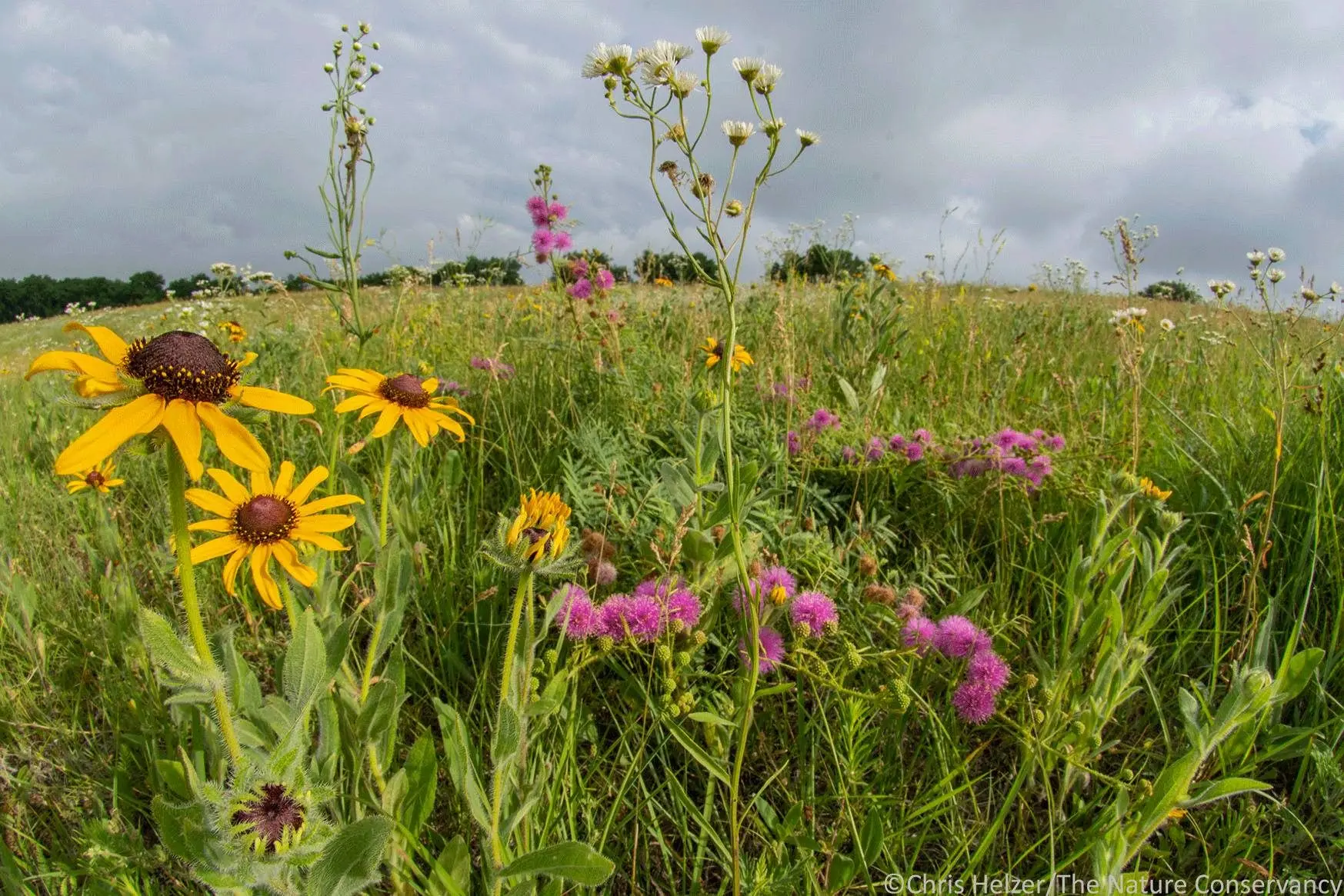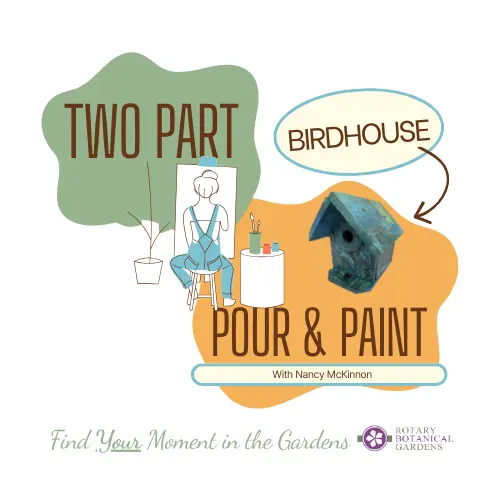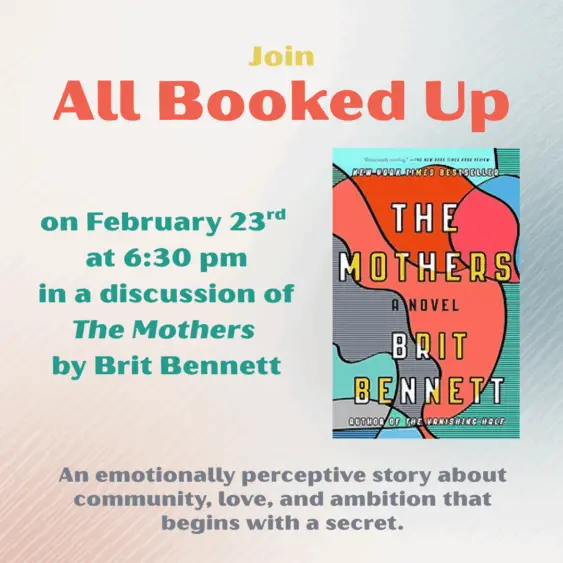- This event has passed.
Collect Native Wildflower Seeds!
October 18, 2025 @ 10:00 am - 12:00 pm
An event every 2 weeks that begins at 10:00 am on Saturday, repeating until October 25, 2025

Are you interested in reducing the area of lawn that you have to mow and in providing a colorful, drought-resistant landscape that will provide a habitat for backyard wildlife? You might want to consider turning at least part of your property into a prairie planting, or maybe you would like to create a garden of native wildflowers to benefit pollinators. Plantings like these offer many advantages over the traditional lawn, specifically because of the fact that they require much less maintenance once established. They never need to be fertilized, and rarely need to be watered. The wildflowers are often drought-tolerant and provide food for many native species of butterflies, birds and other animals through their nectar, pollen and seeds. Prairies grasses can also provide cover for many types of wildlife. For those homeowners with a large area of land, a prairie planting is a much smarter and environmentally friendly way to manage their property than a lawn. However, the costs of planting a prairie can be quite expensive if you contract to have the work done through a prairie landscaper. For landowners who hope to save a lot of money, the costs can be greatly reduced by collecting the seeds from native prairie plants and planting them themselves.
Each year, the RCC offers people the chance to collect these seeds in an annual program. We’ll be collecting the seeds from a planted prairie in Milton’s Crossridge and Tower Hill Parks. Each day during a two-hour period, it will be possible for participants to collect a large volume of seeds, but participants are free to collect for less time than this if they desire. On-site assistance will be provided to help you learn to identify the plants and some tips for cleaning and storing the seeds and planting will also be provided. The seeds are best collected into large paper grocery or bird seed bags. A pair of garden clippers is also recommended for clipping off the tough, spiny seed heads of some plants. Participants should be dressed for the weather and wear a pair of work gloves. This event is free and open to the public. Contact Dave Bendlin by phone at 608-868-3824 or by email: davebendlin@gmail.com if you have any questions about this program



